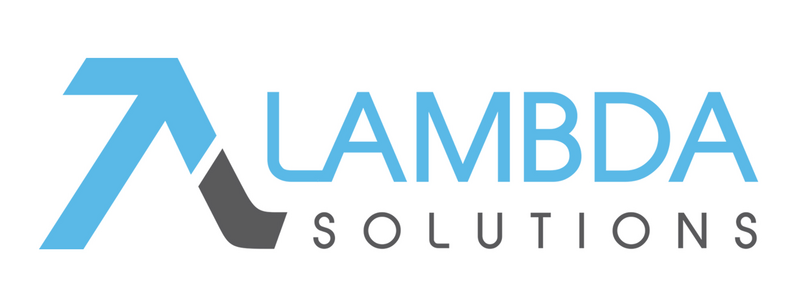Professional Partner Content
Digital Transformation: The Future of L&D
Published Fri Dec 07 2018
Digital transformation is characterized by the use of technology to replace traditional workflows. For many businesses, this switch towards digital workflows has resulted in a new way to organize work and in a new value proposition. Digital transformation makes businesses more flexible and competitive. But it has its challenges.
Digital Transformation and L&D
L&D is profoundly affected by digital transformation due to the rise of digital training solutions. Relying on digital solutions for training makes learning content more accessible and opens up new possibilities for learners.
Adopting an LMS and using digital assets for training purposes is only the beginning. There is a need for a culture shift to happen for digital L&D programs to achieve their full potential.
Fostering a New Culture
These five strategies can provide you with insights to help your organization transform its culture as it adopts an ongoing digital training program:
1. Approach Learning as a Journey
You can approach training and development as an ongoing process with clear goals and objectives. Your digital training program can be developed and structured in small elements to make information easier to digest and encourage learners to interact with learning content whenever they are available.
Another way to help learners track progress and set new goals is by offering tests, quizzes, and other elements that measure how well they retain information. Try to design a program that will help learners obtain a new qualification, or structure your program by adding gamification elements such as levels and badges.
2. Value Feedback and Agency
Encourage learners to play an active role. You can give learners agency by letting them select the content they want to learn and consume. You can also collect feedback from learners, instructors and HR employees to continuously improve the learning experience. In other words, your organization can adopt a collaborative approach to develop new digital assets, curate content, and structure your learning program accordingly.
3. Rethink How Failure Is Perceived
Your company culture can't foster personal development until it rethinks how failure is seen. Failure can discourage learners and eventually cause them to stop engaging with the L&D program.
For instance, you can emphasize achievements by introducing gamification elements like badges or points and encourage learners to be proactive about their weaknesses by letting them choose the learning material they want to engage with and letting them retake tests and quizzes so they can improve their scores.
4. Be Flexible
Think about reaching out to an LMS consulting service to select the best LMS solution for your business and develop a training program that makes sense for your goals. Adopting a digital approach for L&D means you can create training programs adapted to the expectations of your employees and the goals of your organization.
Flexibility is a key component of a successful company culture in the digital age. You need to be ready to adopt new digital tools and rethink your approach to a process if you aren't getting the results you wanted.
5. Be Social
You can add social elements to your digital training platform by creating a community where learners can share knowledge and become mentors. You can also combine a digital system with social learning experiences such as educational games. These social learning experiences are great for boosting engagement and for team building.
Transforming your company culture isn't something that will happen overnight. Your L&D team should be in charge of this process, identify which core values your organization should adopt, and develop strategies for fostering these values.

